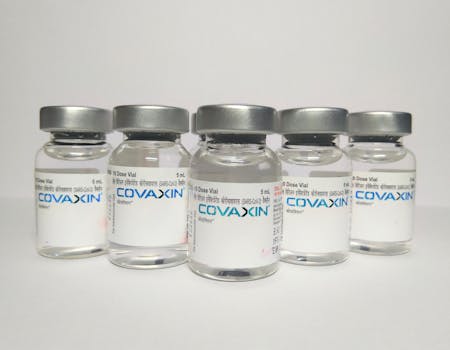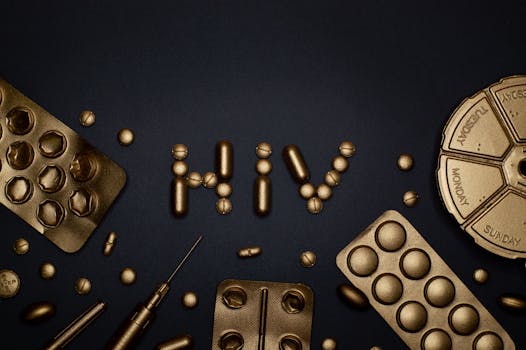
The Science Behind Vaccines and Public Health: Vaccine Efficacy
Vaccine efficacy is the primary focus of the science behind vaccines and public health. Vaccines have been widely recognized as one of the most effective ways to prevent infectious diseases and protect public health. The science behind vaccines is complex, but it is essential to understand how vaccines work and their role in maintaining public health.
What are Vaccines?

Vaccines are biological preparations that provide active acquired immunity to a particular infectious disease. They contain a microorganism or virus in a weakened or killed state, or proteins or toxins from the organism. When a vaccine is administered, it stimulates the body’s immune system to recognize and fight the disease-causing agent, thereby preventing the disease from occurring.
How Do Vaccines Work?

Vaccines work by stimulating the body’s immune system to produce antibodies and immune cells that can recognize and attack the disease-causing agent. When a vaccine is administered, it is taken up by immune cells called dendritic cells, which process the vaccine and present it to T-cells. The T-cells then recognize the vaccine as foreign and produce antibodies and immune cells that can attack the disease-causing agent.
Vaccine efficacy refers to the ability of a vaccine to prevent disease in a population. Vaccine efficacy is typically measured in clinical trials, where the vaccine is administered to a group of people, and the incidence of disease is compared to a control group that did not receive the vaccine. Vaccine efficacy can be influenced by a variety of factors, including the type of vaccine, the population being vaccinated, and the level of immunity in the population.
Types of Vaccines

There are several types of vaccines, including inactivated vaccines, live attenuated vaccines, conjugate vaccines, and subunit vaccines. Inactivated vaccines contain a killed or inactivated form of the disease-causing agent, while live attenuated vaccines contain a weakened form of the agent. Conjugate vaccines combine a weakened form of the disease-causing agent with a carrier protein, while subunit vaccines contain only a portion of the disease-causing agent.
Public Health Benefits of Vaccines

Vaccines have numerous public health benefits, including the prevention of infectious diseases, reduction of disease transmission, and protection of vulnerable populations. Vaccines have also been shown to have a positive impact on the economy, as they reduce the costs associated with treating and managing infectious diseases.
Conclusion

In conclusion, the science behind vaccines and public health is complex, but it is essential to understand how vaccines work and their role in maintaining public health. Vaccine efficacy is a critical component of public health, and it is influenced by a variety of factors, including the type of vaccine, the population being vaccinated, and the level of immunity in the population. By understanding the science behind vaccines, we can better appreciate the importance of vaccines in preventing infectious diseases and protecting public health.



